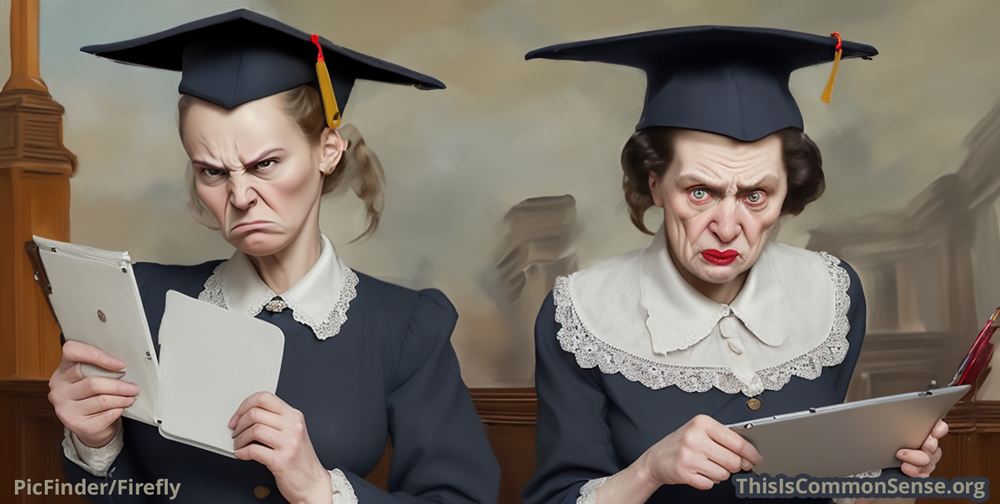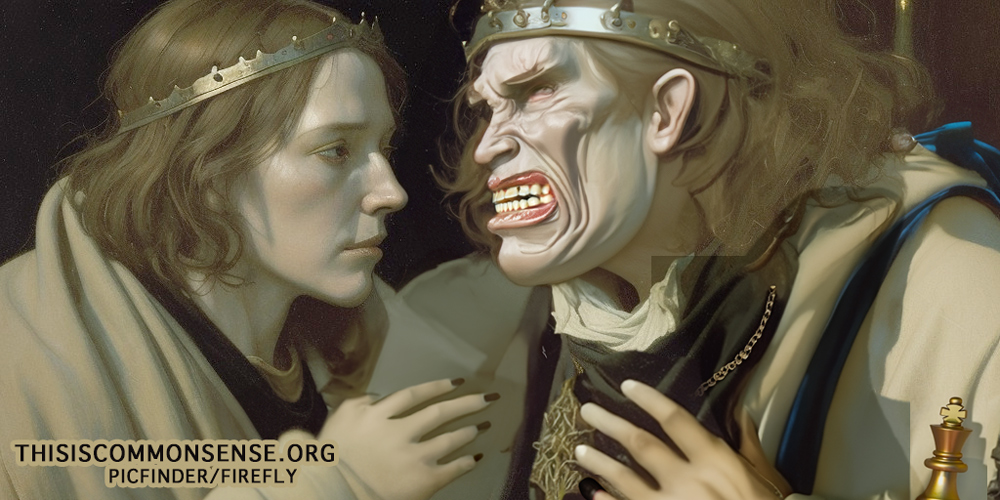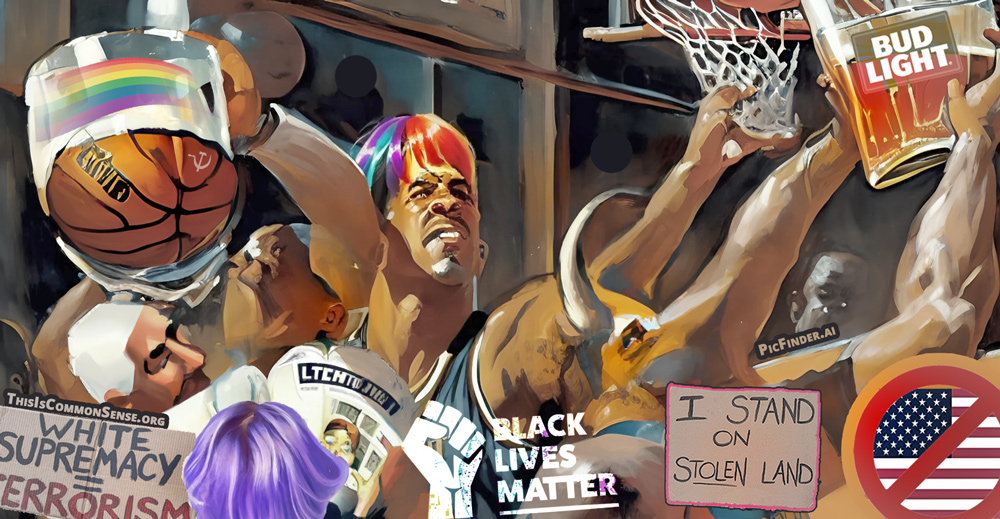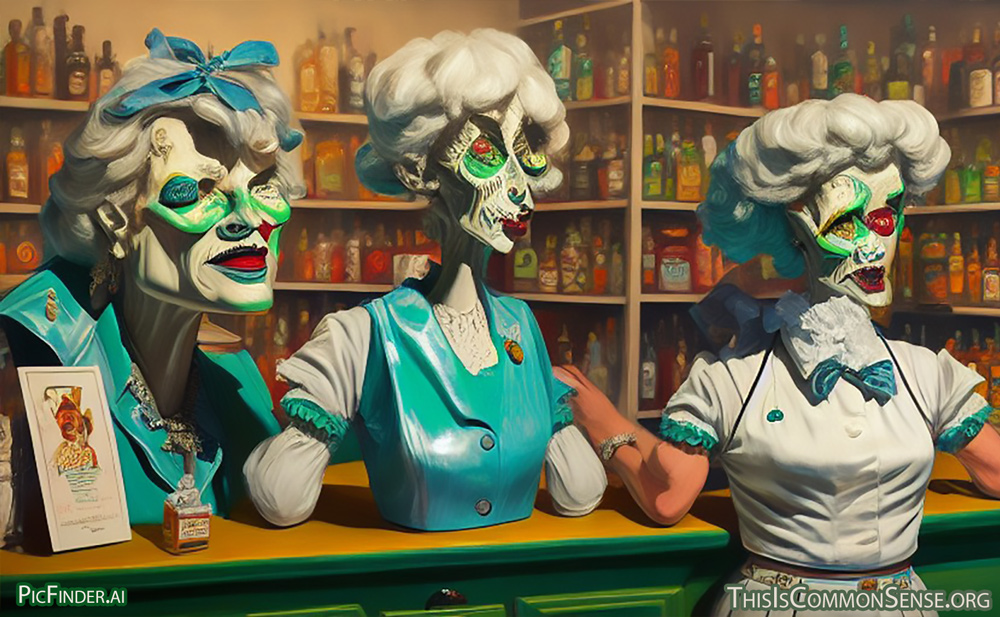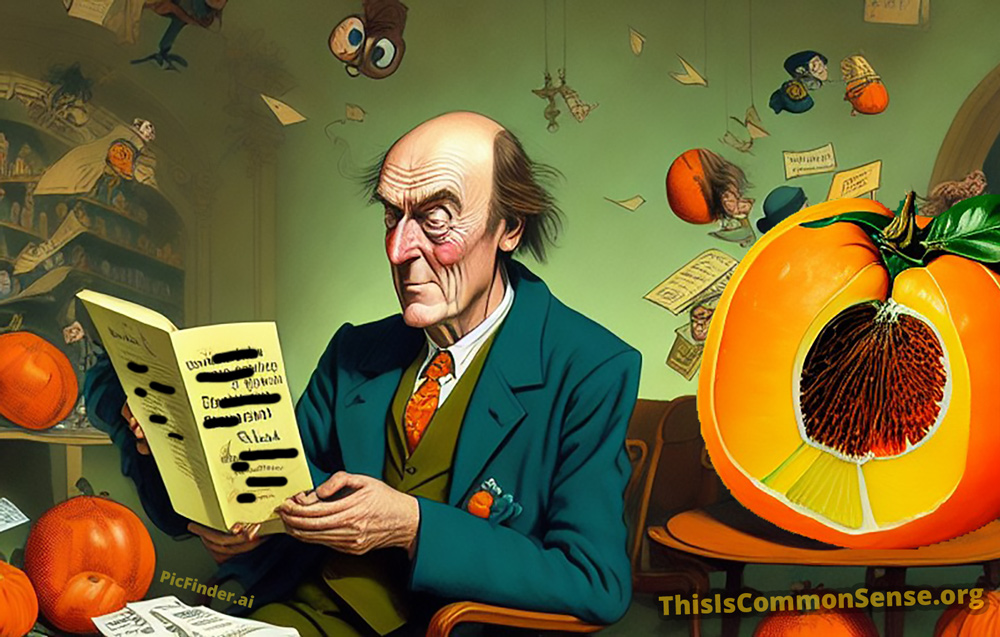If you attend Oklahoma State University, you are, I hope, now free to speak.
OSU will shut down a “bias response team” instituted to harass speech on campus. We can thank a group called Speech First, which sued the school.
“We are excited to announce that OSU will be eliminating their insidious bias reporting system that told students to anonymously report on one another for ‘bias’ and that they will have to rewrite their harassment policy to include important speech protections so that students can no longer be punished for merely expressing their views,” says Cherise Trump, executive director of
“We have also secured a change to their computer policy so that it no longer targets the protected political speech
The settlement also requires the school to pay Speech First $18,000 for legal expenses.
OSU had tried to get the lawsuit dismissed because Speech First protected the names of its plaintiffs,
Speech First’s reason for using pseudonyms is pretty commonsensical: to protect plaintiffs from retaliation. That a university with a policy of punishing students for renegade speech might also punish them for participating in a lawsuit to end this policy doesn’t seem like a farfetched concern.
The resolution of the case hardly means that the fight for freedom of speech on campus is over. But it may help other universities realize that, as Cherise Trump puts it, “there is a high cost to violating students’ constitutional rights.”
This is Common Sense. I’m Paul Jacob.
Illustration created with PicFinder and Firefly
—
See all recent commentary
(simplified and organized)
